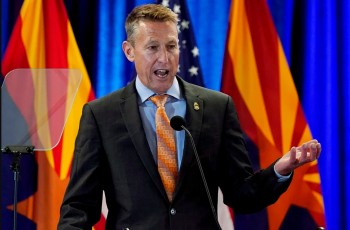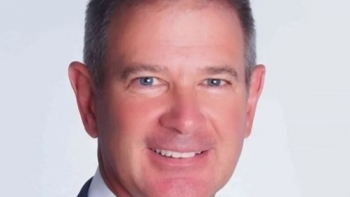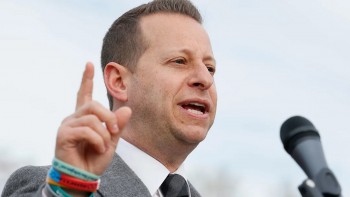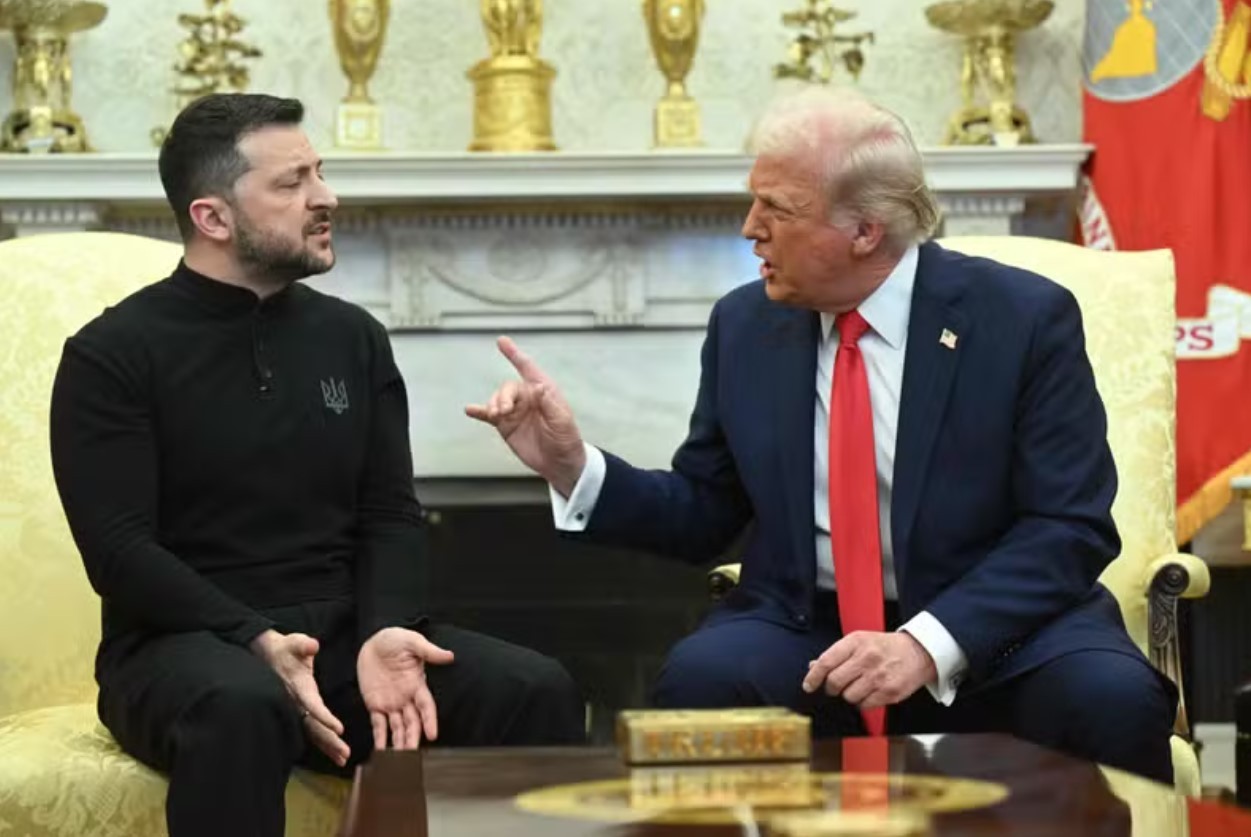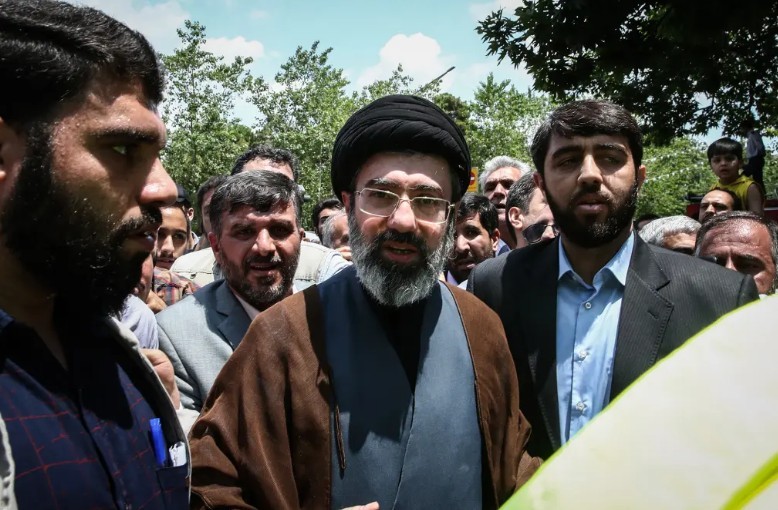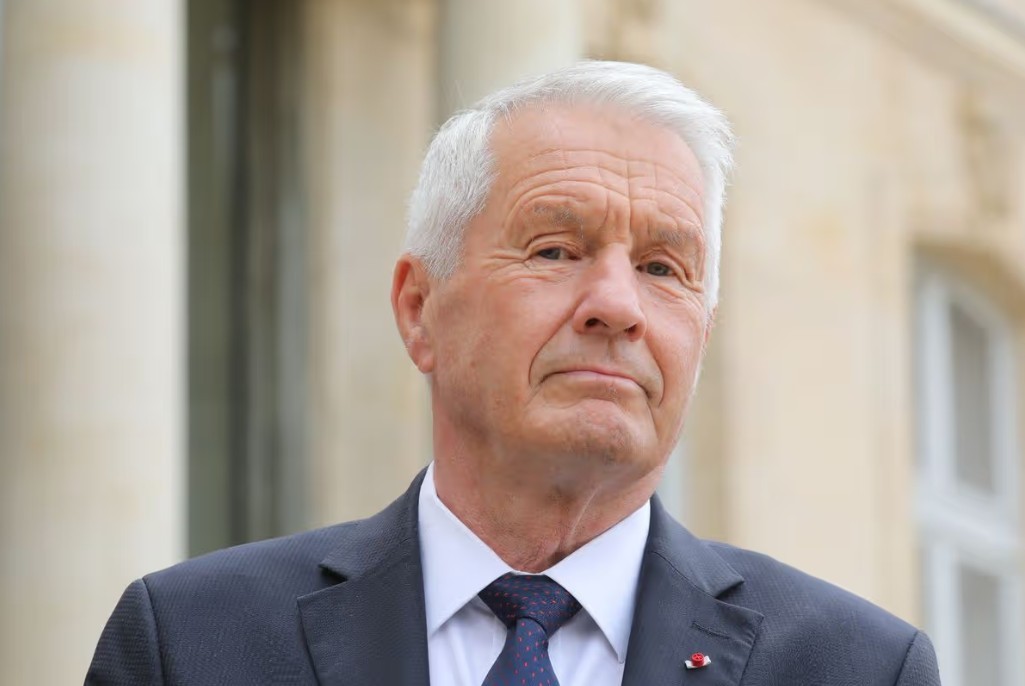List of the New Cabinet Nominations in Trump's Second Administration
These individuals, drawn from diverse professional backgrounds, represent a mix of government veterans and private sector leaders aligned with Trump’s vision for his administration. Below is an in-depth overview of the newly announced nominations, focusing exclusively on individuals new to the cabinet and key roles.
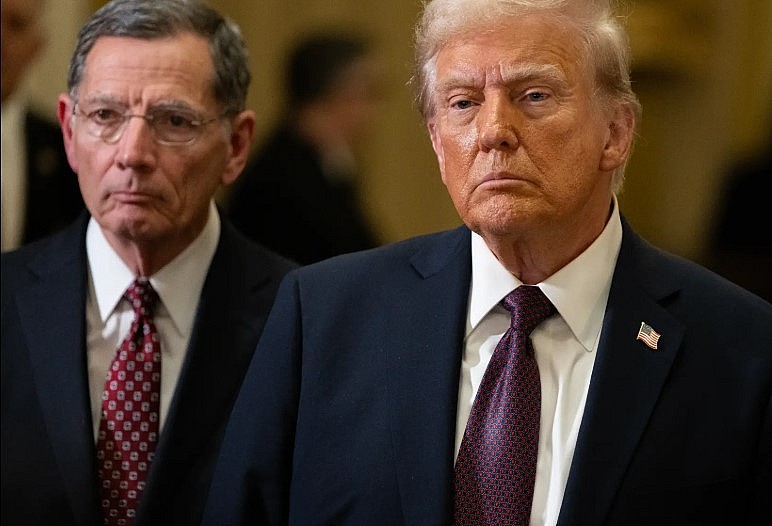 |
| Trump unveiled his latest nominations in a series of posts on Truth Social Saturday |
1. Scott Bessent – Secretary of the Treasury
Scott Bessent, founder of Key Square Capital Management, has been nominated as the Secretary of the Treasury. Known for his sharp financial acumen, Bessent has extensive experience managing investments, including his tenure as the chief investment officer at Soros Fund Management. Bessent's leadership style reflects a focus on fiscal responsibility, growth-oriented policies, and robust financial oversight.
To avoid any potential conflicts of interest, Bessent has announced plans to divest his holdings and place his assets in a blind trust. His appointment signals Trump’s intent to place a skilled financier at the helm of the Treasury, emphasizing economic policies that prioritize deregulation, tax reform, and financial market stability.
2. Chris Wright – Secretary of Energy
Chris Wright, CEO of Liberty Energy, has been tapped to lead the Department of Energy. Wright’s nomination aligns with Trump’s ongoing emphasis on achieving energy dominance and reducing reliance on foreign energy sources. With decades of experience in the energy industry, Wright is known for advocating innovation in fracking technology and sustainable energy production.
In his role, Wright is expected to advance policies that streamline energy regulations, support domestic energy production, and enhance technological advancements in the sector. His nomination has been hailed by proponents of American energy independence.
3. Elon Musk and Vivek Ramaswamy – Co-Chairs of the Department of Government Efficiency
In a groundbreaking move, Trump has appointed tech magnate Elon Musk and biotech entrepreneur Vivek Ramaswamy as co-chairs of the newly formed Department of Government Efficiency. The department aims to reduce waste, streamline bureaucratic processes, and bring innovative solutions to government operations.
- Elon Musk brings his visionary approach to problem-solving and technological innovation. As CEO of Tesla, SpaceX, and other ventures, Musk’s expertise in cutting-edge technologies is expected to play a crucial role in modernizing government infrastructure.
- Vivek Ramaswamy, founder of Roivant Sciences and a vocal advocate for market-driven solutions, will focus on overhauling outdated governmental processes and promoting efficiency in public administration.
The duo’s appointment reflects Trump’s confidence in leveraging private sector expertise to drive public sector transformation.
4. David Sacks – White House AI & Crypto Czar
David Sacks, a prominent tech entrepreneur and early investor in companies like PayPal and Yammer, has been appointed as the White House AI & Crypto Czar. In this newly created role, Sacks will oversee policies related to artificial intelligence, blockchain technology, and cryptocurrency. His responsibilities include crafting regulatory frameworks that encourage innovation while ensuring security and ethical standards.
Sacks’ appointment underscores the administration’s focus on technological advancement as a cornerstone of economic and strategic policy.
5. Steven Bradbury – Deputy Secretary of Transportation
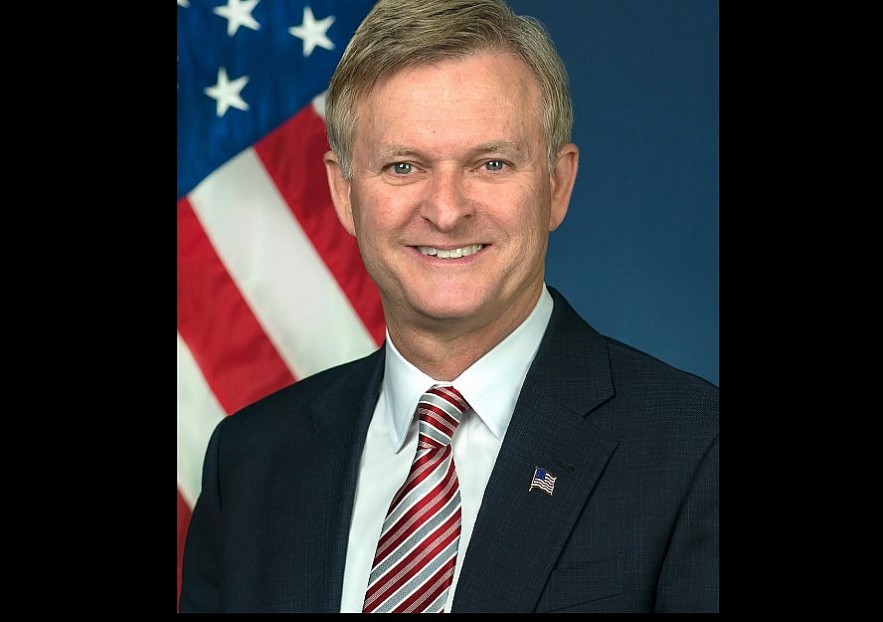 |
| Steven Bradbury was tapped to serve as deputy secretary of Transportation |
Steven Bradbury, who previously served as General Counsel for the Department of Transportation during Trump’s first term, has been nominated for the position of Deputy Secretary. Bradbury played a key role in regulatory reforms aimed at improving infrastructure and reducing bureaucratic hurdles in transportation.
As Deputy Secretary, Bradbury is expected to spearhead initiatives to modernize the nation’s transportation systems, including advancements in autonomous vehicles and critical infrastructure projects.
6. Katharine MacGregor – Deputy Secretary of the Interior
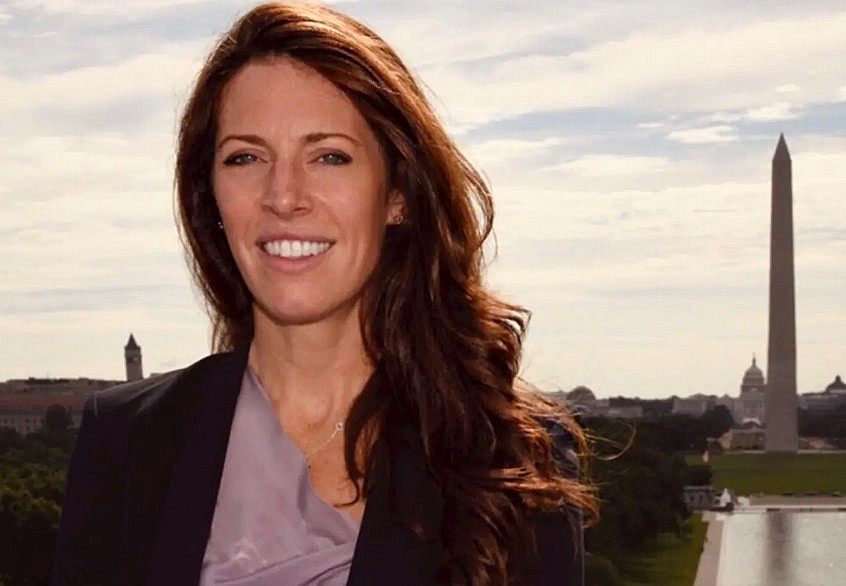 |
| Katharine MacGregor was nominated for Deputy Secretary of the Interior |
Katharine MacGregor, a seasoned expert in energy and environmental policy, has been nominated to return as Deputy Secretary of the Interior. MacGregor served as Deputy Chief of Staff at the Department of the Interior during Trump’s first term, where she was instrumental in shaping energy policies focused on increasing domestic production.
In her new role, MacGregor will oversee policies related to natural resource management, public land use, and energy exploration, aligning with the administration’s priorities of energy independence and economic growth.
7. David Fotouhi – Deputy Administrator of the Environmental Protection Agency (EPA)
David Fotouhi, previously Acting General Counsel for the EPA, has been nominated as the Deputy Administrator. Known for his expertise in environmental law and regulatory policy, Fotouhi’s work during the first Trump administration involved crafting policies that balanced environmental stewardship with economic development.
Fotouhi’s appointment suggests a continuation of efforts to streamline environmental regulations while maintaining a focus on economic growth and innovation in environmental practices.
8. Paul R. Lawrence – Deputy Secretary of Veterans Affairs
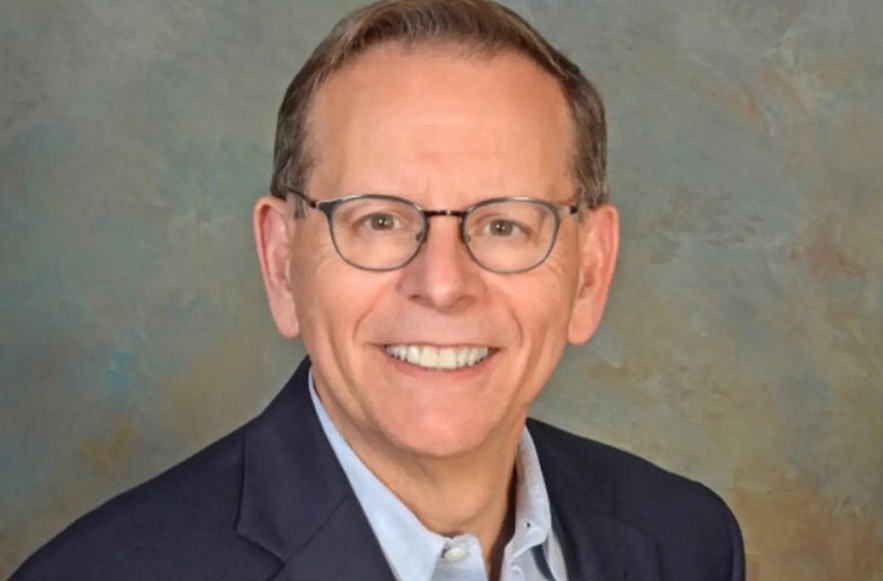 |
| Paul Lawrence was chosen as deputy secretary of Veteran Affairs |
Paul R. Lawrence, who previously served as Under Secretary for Benefits at the Department of Veterans Affairs, has been nominated as the Deputy Secretary. Lawrence is recognized for his contributions to improving veterans' benefits and streamlining VA operations during his previous tenure.
As Deputy Secretary, Lawrence is expected to continue his mission of enhancing the delivery of healthcare, benefits, and support services to veterans.
9. Casey B. Mulligan – Chief Counsel for Advocacy at the U.S. Small Business Administration
Casey B. Mulligan, an economics professor at the University of Chicago and former Chief Economist for the Council of Economic Advisers, has been nominated as Chief Counsel for Advocacy at the Small Business Administration. Mulligan is a vocal advocate for small businesses, particularly in reducing regulatory burdens and promoting economic growth through entrepreneurship.
In this role, Mulligan will champion policies aimed at fostering innovation and ensuring small businesses have access to necessary resources and support.
10. James Danly – Deputy Secretary of Energy
James Danly, a former Commissioner at the Federal Energy Regulatory Commission (FERC), has been nominated as Deputy Secretary of Energy. A decorated U.S. Army veteran, Danly’s background in energy policy and regulation positions him to contribute to the administration’s energy strategy.
Danly’s focus will likely include regulatory reforms to facilitate energy production, investment in renewable energy technologies, and enhancing the nation’s energy grid.
11. Mark Burnett – Special Envoy to the United Kingdom
Mark Burnett, a television producer renowned for creating shows such as The Apprentice, has been nominated as Special Envoy to the United Kingdom. Known for his ability to navigate complex negotiations and build partnerships, Burnett is expected to leverage his media expertise to enhance U.S.-U.K. relations.
Burnett’s nomination reflects Trump’s unconventional approach to diplomacy, emphasizing creativity and relationship-building over traditional methods.
Conclusion
The newly announced cabinet nominations for Trump’s second administration highlight a blend of private sector innovation and public sector experience. From experienced policymakers like Steven Bradbury and Katharine MacGregor to industry leaders like Elon Musk and Chris Wright, the selections reflect Trump’s commitment to advancing his policy agenda of economic growth, energy independence, and governmental efficiency.
As the administration prepares to take office, these nominees will play pivotal roles in shaping the future of U.S. domestic and foreign policy. Their diverse backgrounds and expertise are expected to bring a fresh perspective to longstanding challenges, ensuring a dynamic and impactful start to Trump’s second term.

